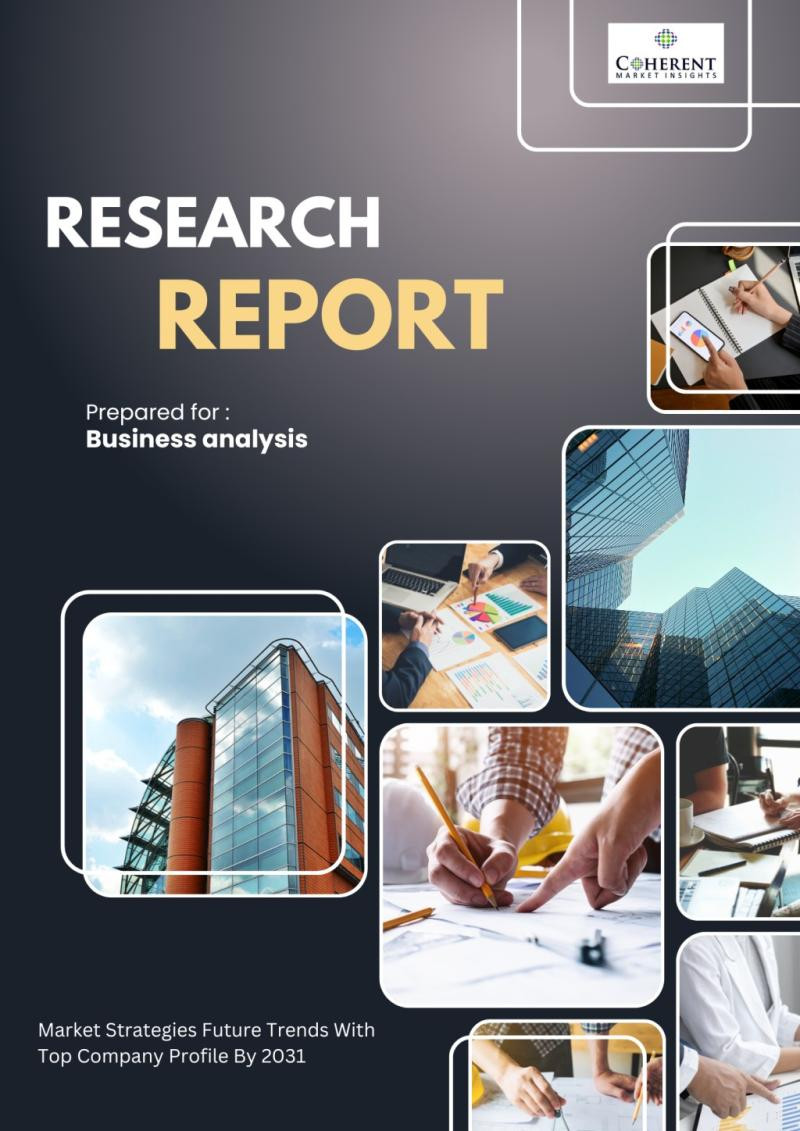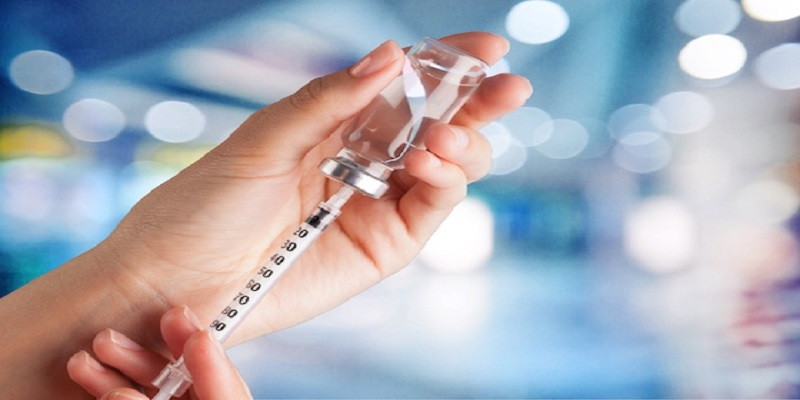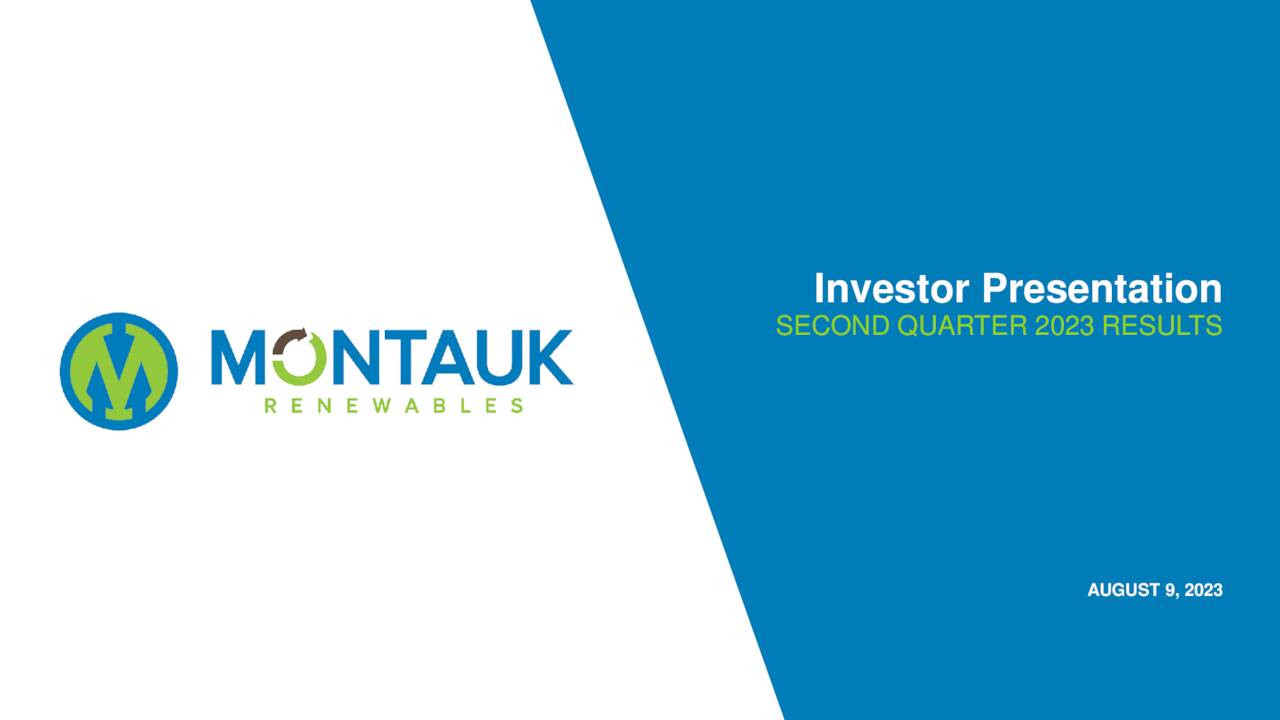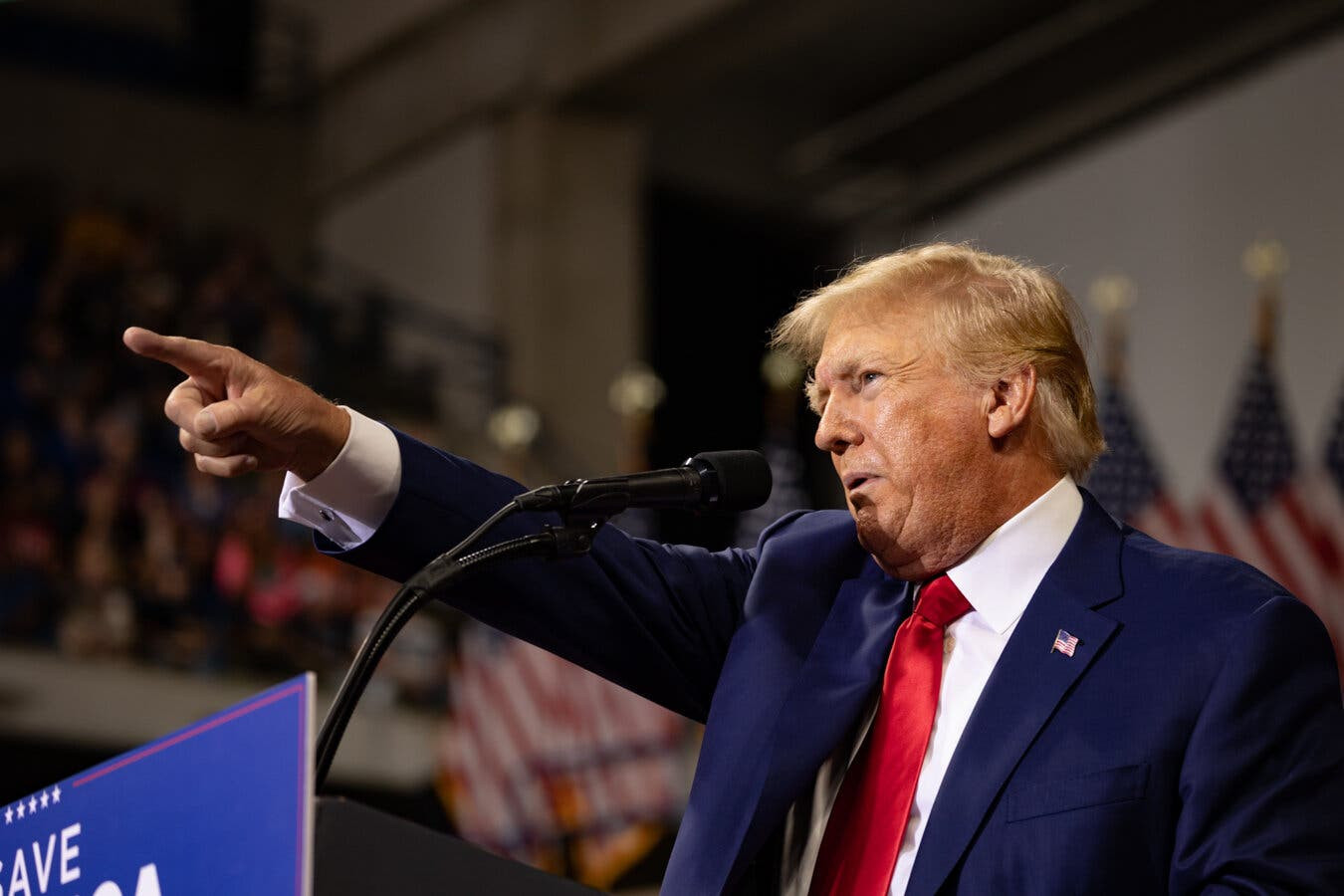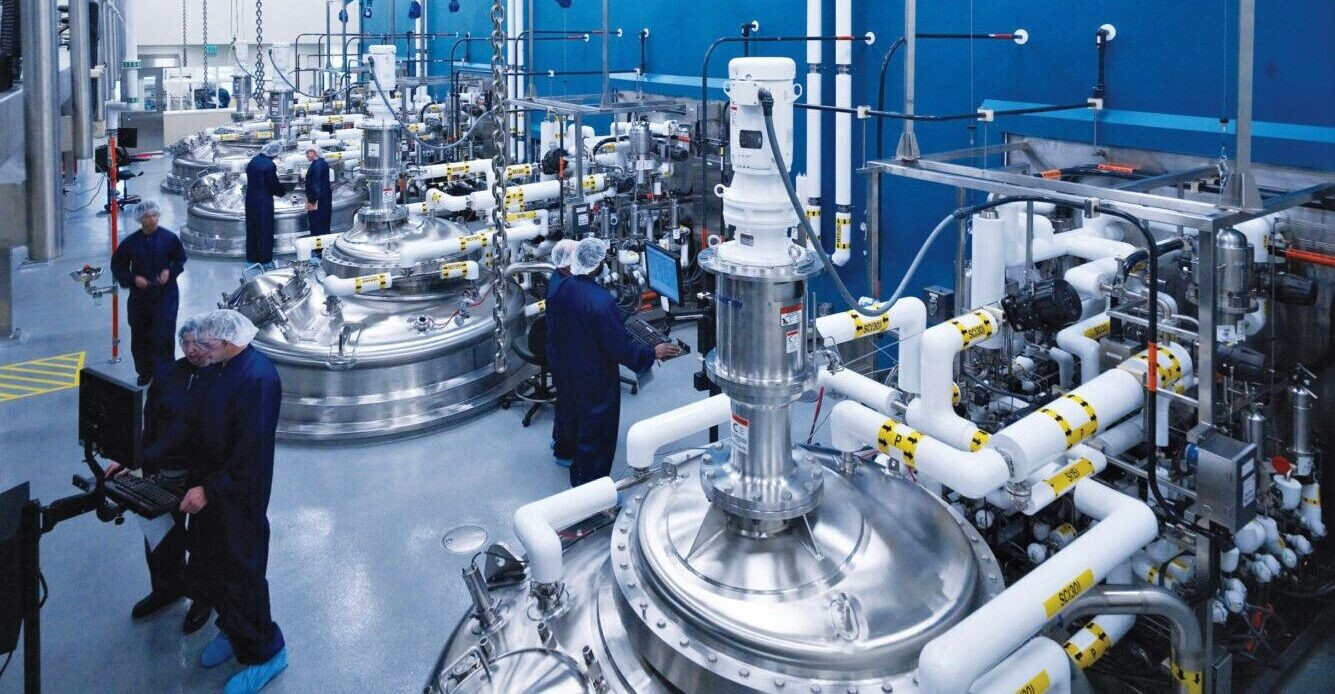The Rise of Insulin Biosimilars: A Market Booming with Potential
The insulin biosimilars market is poised for significant growth in the coming years, driven by several key factors. The global diabetes burden is a major driver, as the need for affordable and accessible insulin therapy continues to rise. The expansion of access to healthcare in emerging markets is also playing a crucial role, along with the increasing adoption of biosimilars policies worldwide.
Patients are increasingly seeking cost-effective treatment options, making biosimilars a more attractive choice. The pharmaceutical industry is also responding to this trend, with collaborations and partnerships emerging to develop innovative insulin biosimilars. These factors are contributing to a dynamic and evolving market landscape.
Key Trends Shaping the Insulin Biosimilars Market
Several key trends are shaping the future of the insulin biosimilars market. One of the most notable trends is the diversification of insulin product portfolios, with companies developing a wider range of insulin biosimilars to cater to the diverse needs of patients. This includes the development of both rapid-acting and long-acting biosimilars, as well as premixed options.
Another trend is the increasing global market penetration of insulin biosimilars. As more countries adopt policies that encourage the use of biosimilars, these products are becoming more readily available in various regions. Technological advancements in insulin delivery systems are also playing a role, with companies developing innovative technologies to enhance the patient experience.
Regulatory Support and Patient-Centric Approaches
Regulatory support for biosimilars development is another crucial driver of market growth. Regulatory agencies are working to streamline the approval process for biosimilars, making it easier for companies to bring these products to market. Patient-centric approaches to product development are also gaining traction, with companies focusing on developing insulin biosimilars that are tailored to the specific needs of patients.
Major Players in the Insulin Biosimilars Market
The insulin biosimilars market is a competitive landscape with a number of prominent players. Some of the key companies operating in this market include:
- Eli Lilly and Company
- Boehringer Ingelheim GmbH
- Merck & Co Inc.
- Pfizer Inc.
- Biocon Ltd.
- Mylan N.V.
- Wockhardt Limited
- NOVO Nordisk A/S
- Sanofi S.A
- Ypsomed AG
- Fresenius Kabi AG
- Sandoz International GmbH
- Novartis International AG
- Aurobindo Pharma Ltd.
- Intas Pharmaceuticals Ltd.
- Dr. Reddy's Laboratories Ltd.
- Amgen Inc.
- Samsungbioepis Co. Ltd.
- Coherus BioSciences Inc
- Teva Pharmaceutical Industries Ltd.
- Stada Arzneimittel AG
- Celltrion Inc.
- Biogen Inc.
- AstraZeneca plc
- Fujifilm Kyowa Kirin Biologics Co. Ltd.
- Mochida Pharmaceutical Co. Ltd.
- Daiichi Sankyo Company Limited
- LG Chem Ltd.
- JCR Pharmaceuticals Co. Ltd.
- Green Cross Corporation
- Lupin Limited
- Torrent Pharmaceuticals Ltd.
- Zydus lifescience Ltd.
These companies are actively involved in the development and commercialization of insulin biosimilars, contributing to the growth of the market. The increasing competition is likely to drive further innovation and advancements in the field.
Market Segmentation and Growth Drivers
The insulin biosimilars market can be segmented by various factors, including biosimilars type, disease indication type, distribution channel, and end user.
By Biosimilars Type
- Rapid Acting biosimilars
- Long Acting biosimilars
- Premixed Acting biosimilars
By Disease Indication Type
- Type I Diabetes
- Type II Diabetes
By Distribution Channel
- Hospital Pharmacies
- Retail Pharmacies
- Online Pharmacies
By End User
- Hospitals
- Ambulatory Surgical Centers
- Other End Users
The increasing prevalence of diabetes is a major driver of growth across all these segments. The demand for cost-effective insulin therapy is fueling the expansion of the market. The availability of various biosimilars options, catering to different patient needs, is contributing to market growth.
The Future of Insulin Biosimilars: Continued Growth and Innovation
The insulin biosimilars market is expected to continue its upward trajectory in the coming years. The growing global diabetes burden, along with increasing access to healthcare in emerging markets, will continue to drive demand for these products. The pharmaceutical industry is also expected to invest heavily in research and development, leading to the development of innovative and improved insulin biosimilars.
The future of the insulin biosimilars market holds great promise. With the increasing focus on affordability, accessibility, and innovation, this market is poised to play a critical role in improving the lives of millions of people living with diabetes. The future of insulin biosimilars is bright, with a continued focus on innovation and patient-centric approaches to treatment.




